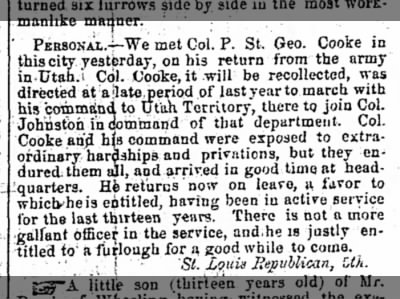F. "Is it not the impression of massiveness, which the extent of the level shape adds to the effect of height?
C. "Something of the sort:—perhaps so...."Something of the sort" in the 1852 version was changed to "There may be something in that."
--August 1852 Scenes Beyond the Western Border
PIERRE - 1852
- Already Pierre had anticipated something of this sort;
- I believe I was dreaming—sleep-walking, or something of that sort.
- "So, when you see or hear of my ruthless democracy on all sides, you may possibly feel a touch of a shrink, or something of that sort"
- I heard Stubb tell Flask, one morning watch, that there was something of that sort in the wind.”
- ever since then has something of the same sort of license prevailed....
- “Oh, I never hurt when I hit, except when I hit a whale or something of that sort;
- his silver watch, or his soul, or something of that sort....
... Traitor, I'll stand by this to the last gasp, you are inebriated, Babbalanja."
"Perhaps so, my lord; but I was treating of the imagination, may it please you."
"It seems to have been added for a postscript," rejoined Braid-Beard, screwing his eyes again.
"Perhaps so," said Babbalanja, "but some wag must have done it."



